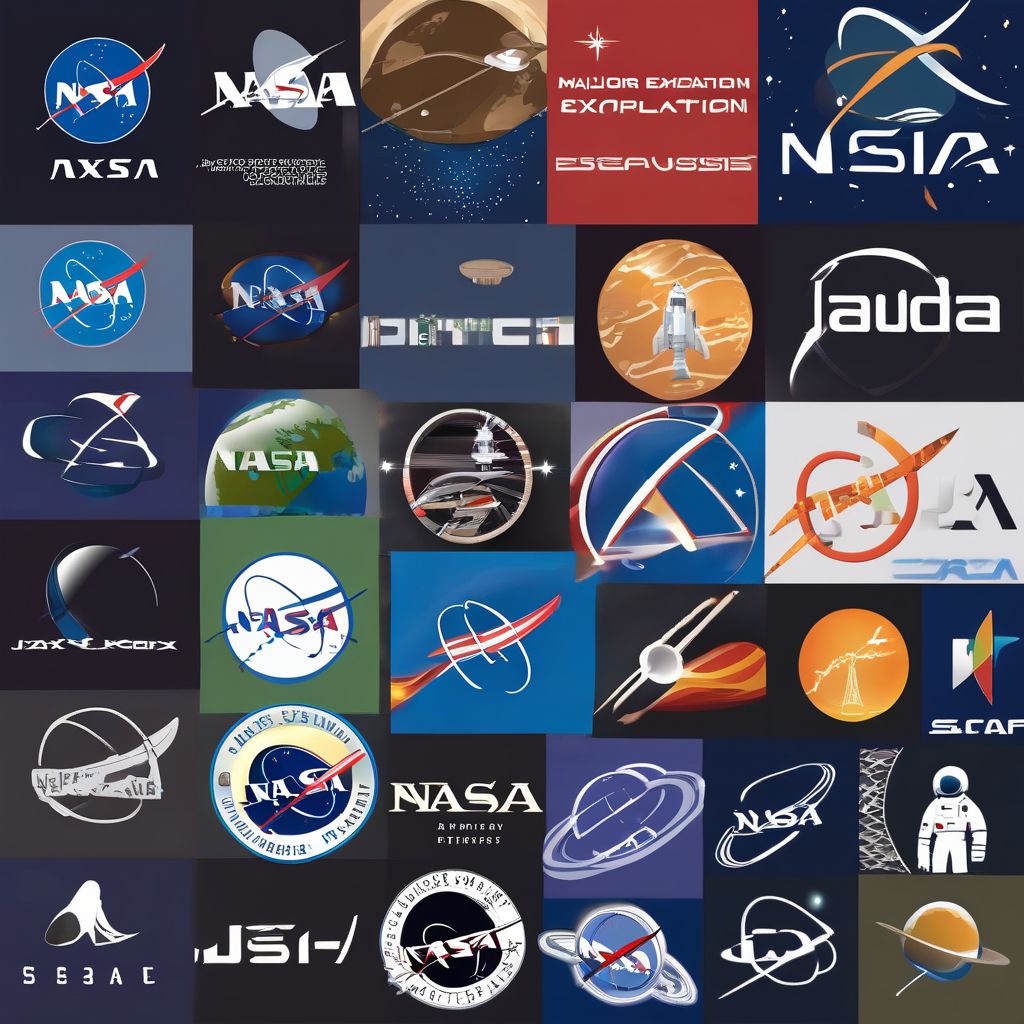Have you ever gazed up at the night sky, filled with wonder about the vast universe beyond? The desire to explore space is deeply ingrained in humanity, and luckily, we live in a time where astonishing discoveries and daring missions are happening at an incredible pace. But with so much happening, how can you possibly keep up with all the latest developments and breakthroughs?
This is your comprehensive guide to staying informed about space mission progress. We’ll explore the most reliable sources, from official agencies to social media, ensuring you’re always in the loop on the latest cosmic adventures.
Official Sources: Your Front-Row Seat to Space Exploration
When it comes to accurate and timely information about space missions, there’s no better place to turn than the official sources:
1. Space Agencies: The Pioneers of Space Exploration
Space agencies are the masterminds behind these incredible journeys, and their websites and social media platforms are treasure troves of information. Here are a few key agencies to follow:
- NASA (National Aeronautics and Space Administration): As a global leader in space exploration, NASA offers a wealth of resources, including mission updates, images, videos, and even live streams of launches and events.
- ESA (European Space Agency): ESA is at the forefront of European space exploration, collaborating on missions like the James Webb Space Telescope. Their website provides detailed information about their projects, as well as stunning imagery and videos.
- JAXA (Japan Aerospace Exploration Agency): JAXA is a major player in space exploration, with a focus on scientific research and technological advancement. Their website provides updates on their missions, as well as educational resources about space.
- Roscosmos (Russian Space Agency): Roscosmos plays a crucial role in the International Space Station program and conducts its own ambitious missions. Their website offers insights into their activities and contributions to space exploration.
 Space Agencies Logos
Space Agencies Logos
2. Mission-Specific Websites: Delve Deeper into Your Favorite Missions
Many space missions have dedicated websites that provide in-depth information about their objectives, instruments, and scientific findings. For example, the James Webb Space Telescope website offers breathtaking images, detailed explanations of its discoveries, and even a blog written by mission scientists.
News and Media Outlets: Your Source for Space News and Analysis
While official sources provide the raw data and updates, news and media outlets offer valuable context, analysis, and expert opinions on space mission progress.
1. Reputable Science Publications: In-Depth Coverage You Can Trust
Science magazines and websites are excellent sources for comprehensive and accurate reporting on space exploration. Look for publications like:
- Space.com: A leading online platform dedicated to space news, exploration, and astronomy.
- Science Magazine: A prestigious scientific journal featuring groundbreaking research and insightful articles, including coverage of space missions.
- Nature: Another highly respected scientific journal publishing top-tier research and commentary on space exploration and related fields.
2. Major News Outlets: Stay Updated with the Latest Headlines
Don’t underestimate the value of mainstream news organizations. Outlets like BBC News, CNN, The New York Times, and The Guardian often have dedicated science sections that cover major space mission milestones and discoveries.
Social Media: Join the Space Enthusiast Community
Social media has become a vibrant hub for space enthusiasts, offering a platform to connect with like-minded individuals, engage in discussions, and stay up-to-date on the latest happenings.
1. Follow Space Agencies and Scientists: Get Insider Perspectives
Many space agencies and scientists actively use social media to share updates, behind-the-scenes insights, and stunning visuals. Look for official accounts on platforms like Twitter, Facebook, and Instagram.
2. Join Space Enthusiast Groups and Forums: Connect with Fellow Space Buffs
Online communities dedicated to space exploration offer a fantastic way to engage with fellow enthusiasts, ask questions, share your passion, and participate in discussions about ongoing missions.
Podcasts and Videos: Listen and Learn on the Go
If you prefer consuming information aurally or visually, podcasts and video channels are great options for staying informed about space missions:
1. Space Podcasts: Tune in to Expert Discussions and Interviews
Numerous podcasts delve into the intricacies of space exploration, featuring interviews with scientists, engineers, and astronauts.
2. Space-Themed YouTube Channels: Explore the Cosmos Through Stunning Visuals
YouTube channels like NASA’s official channel, SpaceX, and Seeker offer captivating videos, documentaries, and live streams that bring space exploration to life.
Tips for Staying Informed: Curate Your Space News Feed
With so many resources available, it’s easy to get overwhelmed. Here are some tips for managing your space news intake:
- Choose Your Preferred Platforms: Select the platforms that best suit your information consumption habits.
- Create a Dedicated Space News Feed: Use social media lists, RSS feeds, or news aggregators to create a centralized stream of space-related content.
- Set Aside Time for Space Exploration: Dedicate specific times to catch up on space news and delve deeper into topics that pique your interest.
Conclusion: Embark on Your Journey of Cosmic Discovery
Staying informed about space mission progress has never been easier. By utilizing these resources and tips, you can transform yourself from a casual observer into a space enthusiast with your finger on the pulse of humanity’s greatest adventure. As we continue to push the boundaries of exploration, remember to embrace the wonder, fuel your curiosity, and never stop looking up at the stars.
[amazon bestseller=”space books”]
